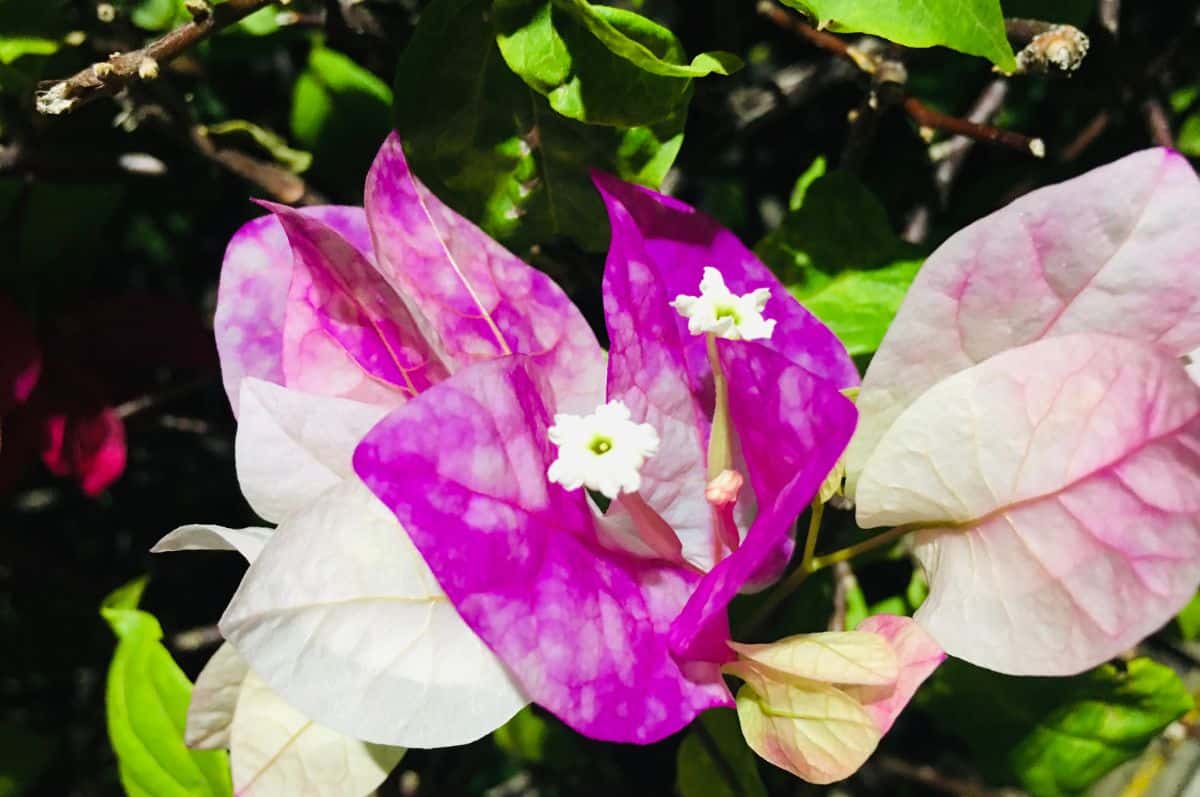Your cart is currently empty!

The Way to Write Poetry
The Way to Write Poetry is a book by Michael Baldwin. I found it among the many bookcases in my grandmother’s house after she died in the winter of 2011.
A tribute to my grandmother and those who teach us to write
The Way to Write Poetry is a book by Michael Baldwin. I found it among the many bookcases in my grandmother’s house after she died in the winter of 2011. She had been completely blind for many years and spoke to me, in the days before her passing, of her unfulfilled dreams according to her writing, her art and having never learned to drive. She expressly wished me to have all her books on poetry and writing technique.
In the days that followed, Michael Baldwin’s The Way to Write Poetry (and others) were transferred into white styrofoam fruit-packing crates. Securely taped-in by my father and transported via old ute (sans rats) to the back of the shed at my parent’s house.
The book, after spending decades in my grandmother’s backroom bookshelf rested a few more years between Emily Dickinson, Les A. Murray and The Parish at St Mel’s. The crates were ripped open at the beginning of my trip home to Australia last month. Raising funds for my humanitarian projects, Michael Baldwin’s The Way to Write Poetry (and others) were prepared for garage sale with junk-shop stickers and prices like “$9.50” written in big black texta-pen.
“That is the most expensive book I have ever seen at a garage sale!” were the words that snapped me back to reality. “There is no way I am buying that!”
“Good!” I thought, and spent the rest of the garage sale sitting in the sun reading poetry and removing stickers. I also found some lost treasure.
At the back of Michael Baldwin’s The Way to Write Poetry are five pages of a handwritten, black-ball-penned essay. An essay dedicated to how a poem determines its theme (possibly copied verbatim in the early 90s when my grandmother could still see). Possibly copied during her writing club days in Inverell when she wanted to really learn the craft. I still don’t know how she attended those meetings as she lived on a farm miles from the nearest town or even a shop. Theme: “It isn’t a moral! It isn’t a message. It isn’t gravy (what the poem boils down to). So what is it then?”
It is rather a perception which emerges from the poem as a whole (essay author unknown)
Sadly, just as that hand-copied essay instructs, her life’s theme of isolation was never explicitly stated, though it underpinned all her work. It emerges in her native-bark painted eucalypts or poems of song birds and wild bush-flowers or stories of rainless drought.
My handbag since that trip to Australia last month is a little heavier with the weight of Michael Baldwin’s How to Write Poetry (now with a plastic cover, crease-marks and ink-scribbled notes). I sneak paragraphs while waiting for Jerry’s classroom meetings and at night when he sleeps, spill them out here onto the blog as poems.
I found Michael Baldwin’s obituary today on a guardian news website and felt a little sad, inspired by a man who dedicated as much time to teaching people the craft of writing as to writing himself. I thought about my grandmother and I read another paragraph while Jerry ate his lunch. I felt determined to work through the books left to me by a lady unfulfilled in her writing, I felt I wanted to spend the afternoon twisting a few rhymes and if there was time, read again that essay.
Only a very few poems come easily. For some poets none. The fact is though, that the developing itch to write a poem is very rarely a desire to write this poem. (Michael Baldwin)

I found this essay (along with a poem on trapeze artists), seemingly copied verbatim by my grandmother in the back of a book called How to Write Poetry written by Michael Baldwin. The author of the essay (and the poem) is unknown.
I am imagining my grandmother, possibly in the early 90s when she still had eyesight sitting somewhere, faithfully copying the essay attentive to punctuation and page formatting. It meant something to her, now it means something to me.
PS: the luggage back to the Philippines also contained John O’Brien’s The Parish at St Mel’s: Emily Dickinson will have to wait for the next trip.
© 2016 Melinda Irvine
THEME (take the whole poem into account when you formulate the theme)
It isn’t a moral! It isn’t a message. It isn’t gravy (what the poem boils down to). So what is it then?
It is often defined as the underlying idea of a poem. This is true in a way but it has the disadvantage of suggesting that theme is where the poem starts from. Few poets, certainly very few twentieth-century poets, would set out to write on a theme. It is rather a perception which emerges from the poem as a whole.
The theme is a pattern of meaning which emerges gradually from a grasp of the whole poem. We become aware of it rather in the way we become aware of star formations. Looking at the sky at night we see first an unidentifiable mass of stars. Then, as we go on looking, some seem to stand out more brightly. When we look from one to another of these we seem to be tracing a shape which we recognise. We don’t reduce the whole sky to the Southern Cross, for instance we can recognise this shape, which is familiar and significant to us hanging there in the multiplicity of stars. As we read a poem, certain words or word clusters seem to draw our attention or lodge in the mind as reference points.
Gradually a pattern of relationships may be clearly marked or it may keep disappearing as we try to trace it. What we always have is the sense of some organising principle making us see the events or scenes in the poem in a particular perspective. What really makes us respond to a poem is some sense, however obscure, of recognition. This does not mean we recognise the subject matter. There are obviously millions of subjects for poems and very few of them are going to correspond exactly to something we’ve experienced. What makes us have a sense recognition is a glimpse of some pattern relationships which is relevant to patterns of our own experience: which somehow applies to us. A poem with a very remote exotic setting can give us this sense of recognition as much as one with a very familiar setting.
We have this sense of recognition and relevance because of a certain level – the level of the theme – the poem is not about some private problem or pleasure of the poet but something which is in our range of experience, something that is basic to human feelings when you think of the trillions of poems written, it is quite surprising how small – relative to the number of themes is. In different ways they all seem to lead back to one basic concern – the concern with the possibilities and limitations of human existence. This concern is with those areas of our lives which are neither avoidable nor fully controllable.
The main areas of human concern to which themes seem to relate are:-
the effects of time – growth, change, ageing, death, transience, renewal
human relationships – love, friendship, parting, loss, constancy, unfaithfulness.
human consciousness – hope, fear, happiness, despair, self-esteem, self-rejection
human circumstances – freedom, restriction, abundance, deprivation, communion, isolation
If these states could be controlled, solved, turned on or off as we wished, poems wouldn’t be written about them. Half of the wouldn’t even exist. On the level of theme poems are an attempt to come to terms with, or celebrate, some aspect of life we don’t have command of. This does not mean the particular events and scenes of a poem are nothing but illustrations or vehicles for a theme. But it does mean the poet is not just reflecting them like a mirror. In the particular events or scenes, the poet may be sensing something that has a more general significance. This perception is built into his or her formulation – the poem. When we try to define this perception as theme we extract from it the particularities in which isn’t embodied in the poem.
Formulation of themes often sound really dead ‘the impermanence of fashion’ ‘the regenerative powers of nature’ ‘the vitality of violence’ or vice-versa but this is just because they are being extracted as a formula rather than being unobtrusively absorbed through all aspects of a poem. Why bother defining themes if they are an abstraction from the poem and not really part of it? Because they grow out of the totality of the poem; they give a vantage point for grasping the totality of the poem. Looking at theme we see how all parts of the poem fall into place and are organised.
Discover more from Melinda J. Irvine
Subscribe to get the latest posts to your email.





2 responses to “The Way to Write Poetry”
Grandma would so love what you’re doing, writing and producing. I’ve got one of her books on how to write for children. I’m planning a garage sale next weekend, I won’t be putting it out and it will be nice to revisit it. I think I’ll carry it as my good luck charm. Thanks for sharing. xxx
hi and lovely to hear from you today. yeh keep it, i nearly made that mistake. keep it as an inspiration to find your voice maya. love you. mel xx